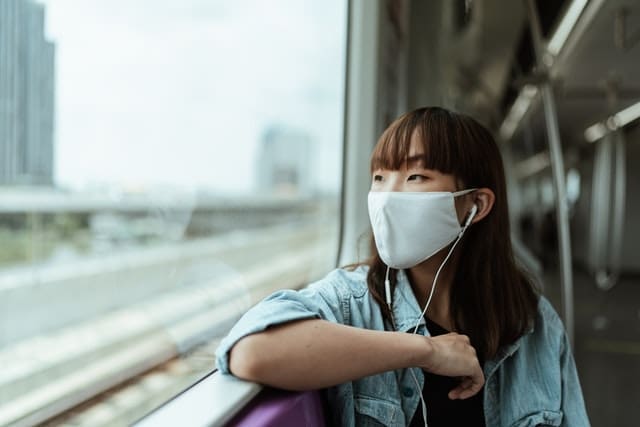Traveling is a fun and exciting time in your life that brings out your wild and adventurous side as you explore other parts of this breathtaking world. So, as you put your travel bag together to prepare for your trip, you should certainly consider including a hygiene kit so you can keep yourself and your surroundings clean and sanitary to avoid exposing yourself to various germs and bacteria that could make you sick.
Just like a straightforward game slot online, you can pack a simple sanitary kit without going overboard. So, if you’re looking for all you need to have in this hygiene kit, here’s your perfect guide on what to include.
Your Travel Hygiene Kit
Hand Sanitizer
Hand sanitizers are among the best and most practical things to keep around you when you’re looking to keep away from germs. While washing your hands with soap is always the best solution, you won’t always have this option.
So, since hand sanitizers have at least 60% of alcohol in them, this can be more than enough to get the job done. We urge you to get yourself a few travel-size bottles of hand sanitizers in your kit. You can then carry these with you everywhere you go.
Antibacterial Wipes
In addition to hand sanitizers, you can also carry antibacterial wipes to clean contaminated surfaces and keep the immediate surroundings that you’ll be touching safe by disinfecting them. These include airplane spots such as toilets, seatbelts, air vents, armrests, window shades, tray tables, buttons, and seatback pockets. Hotels can also pose high-risk surfaces by touching sinks, taps, door handles, desks, remotes, and light switches.
Make sure you use the wipes the right way by applying them on the surface for as long as needed and only wipe one way to avoid spreading the germs.
Tissues
When you feel the need to sniffle, sneeze, or cough, always use a tissue to keep your nose and mouth covered. Dispose of the tissue immediately in a bin and avoid placing it in your bag or pocket to use again. Also, it’s best to avoid using handkerchiefs as well. After disposal, be sure to wash your hands or use a hand sanitizer.
Face Masks

Infectious diseases can be caught by droplets found in the air. So, to prevent the further spreading of diseases, you may not be aware of when you travel, try to wear a face mask in cases when you feel or suspect that you may be unwell. You can also use them if you happen to come into close proximity to patients or individuals that are sick from various airborne diseases.
Disposable Gloves
If you happen to be out of antibacterial wipes, you can always opt for disposable gloves as an extra precaution. Once you’ve passed the possibly contaminated surface, you can then dispose of the gloves in a nearby bin before touching any other surfaces. We encourage you to also avoid reusing them.
Thermometer
When you travel, your temperature may change, resulting in an unexpected fever to common symptoms relating to various illnesses. By having a thermometer on hand, you can easily monitor your temperature.
Nasal Sprays And Eye Drops
You may find yourself in extremely dry places like airplane cabins when you travel, which can cause the mucous membranes in your throat, mouth, and nose to dry out. When these three areas are dry, they cannot trap germs and bacteria.
Saline nasal sprays square measure the foremost helpful variety of nasal spray for treating a dry nose. Nasal spray pumps are easy to use for common nose problems like allergies and nose dries. Many people use them at night before they go to bed to keep their noses dry while they sleep. Doctors often prescribe stronger types of nasal sprays and solutions when treating persistent nose issues, so consider these options first before resorting to using a nasal spray on your own.
This is how you can then be vulnerable to catching diseases and viruses. Having a nasal spray and eye drops can help your mucous membranes better by moisturizing them.
Did you know that your body can lose up to 1.5 liters of water by taking a three-hour flight? For this reason, we urge you to drink lots of water before traveling to keep your body hydrated.
Straws
It’s best to avoid drinking liquids from glasses to avoid the spread of various diseases, especially in restaurants and bars. Instead, use reusable straws that you can include in your travel hygiene kit, and be sure to disinfect them immediately after using them.
Featured Photo by Suhyeon Choi on Unsplash




